THoR is an outreach platform that aims to build bridges between the humanities and the public, between individual research and participation, between analytical and performative or artistic research, as well as between academia and other fields of knowledge. THoR bundles, presents, discusses, and promotes high-profile outreach initiatives and projects at the Faculty of Humanities and beyond that create innovative connections between academia and a broader public.
Recent headwind provides opportunity for the humanities to confidently reclaim their innovative potential and emphasise their fundamental nature and particular strengths: deep description, analysis, differentiation, self-reflexivity, the endurance of complexity, social (always self-critical) engagement, historical contextualisation of information and facts, critical cultivation of memory, narrative imagination, or tentative creation of meaning. thor. stand for a humanities research that is courageously facing up to the complex, controversial, now increasingly public and sometimes uncomfortable debates that are part and parcel of an open, democratic society with a viable future.
guiding questions
core tasks

Showing: thor. showcases outreach projects generated at the faculty.
Discussing: thor. takes a grounded, critical and balanced position in order to categorise public debates, stimulate further thought and make life as a researcher tangible and accessible.
Networking: thor. promotes the exchange of knowledge within the Faculty of Humanities, between faculties and universities and with other knowledge cultures outside academia and an interested public. thor. maintains partnerships with related projects (‘Friends & Affiliates’).
Supporting: thor. offers support in the planning and implementation of outreach projects, in the organisation of high-profile events and in the acquisition of third-party funding. In cooperation with the GSAH, it offers transferable skills in the field of science communication.
thor.
team
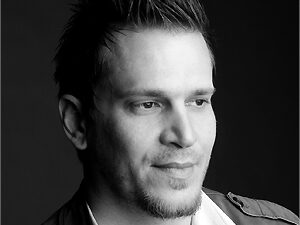
Co-founder and editor, Social Anthropologist (Dr)

Editor, Cultural Geographer (MSc)
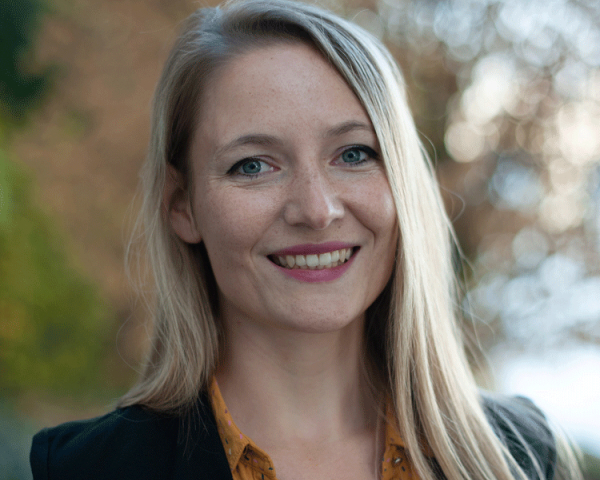
Editor, Social Scientist (PhD candidate)
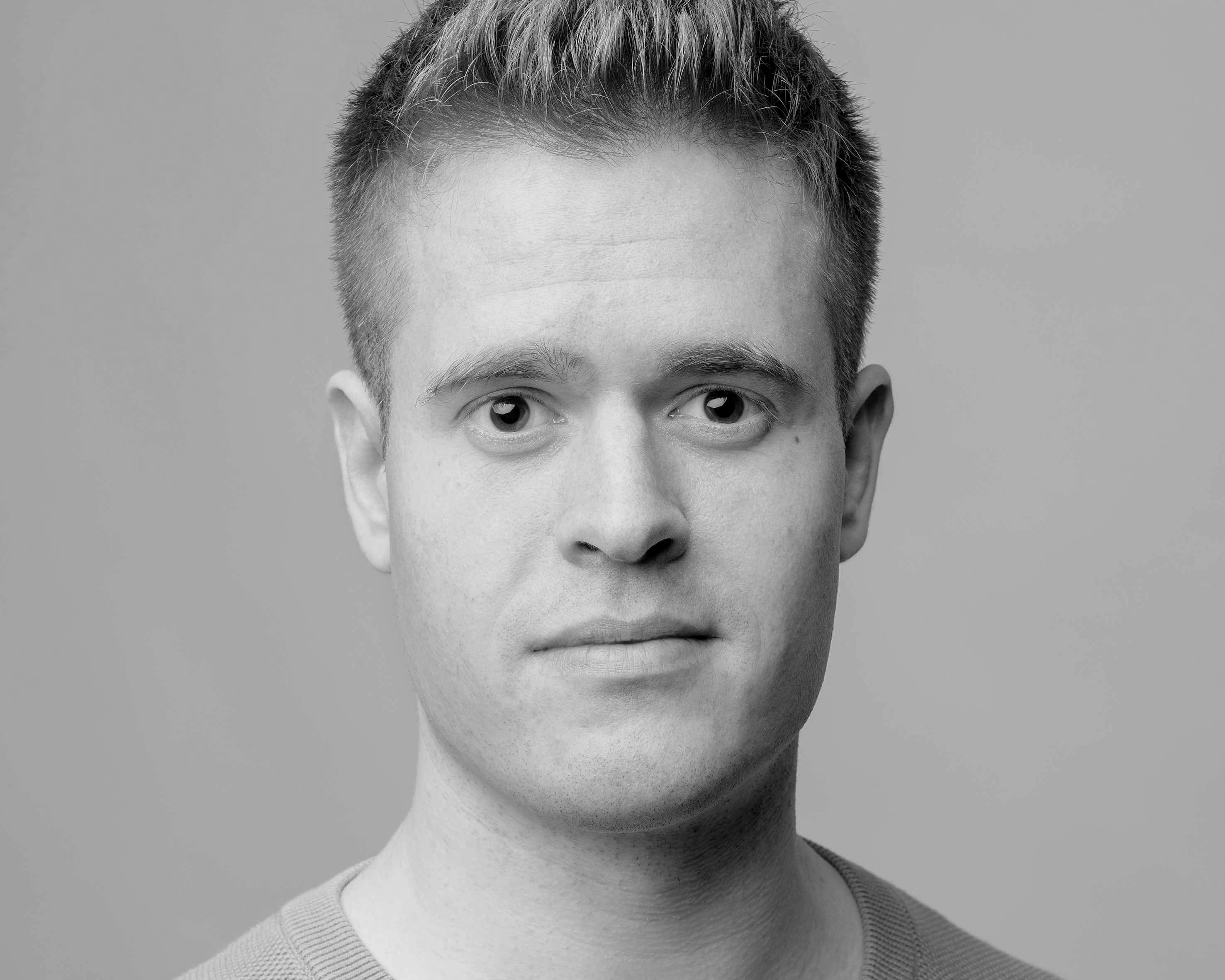
Webmaster, Linguist M.A.
thor.history
thor. started an Ideas-and-Action Laboratory at the interdisciplinary Walter Benjamin Kolleg of the Faculty of the Humanities at the University of Bern. Co-founders, Dr Ruramisai Charumbira and Dr Mike Toggweiler, established thor. in 2018 as a bottom-up working group to increase the visibility of research in the humanities and emphasise its ongoing critical importance for innovation and engagement. In 2024, the Faculty of Humanities has relaunched thor. with a larger team.
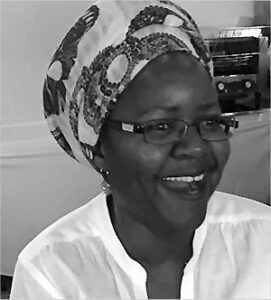
Co-founder of thor. Today: Associate Professor at the Western University, Ontario Canada.
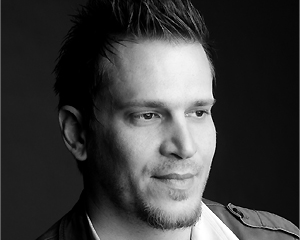
Co-founder of thor. Today: Coordinator of thor. and of the Graduate School of the Arts and Humanities, University of Bern.
thor.friends

Science et Cité in Switzerland promotes dialogue between science and society. It is legally and content-wise independent. It enhances understanding and appreciation of sciences, highlighting their opportunities and limits, and relays public reactions on value issues to scientists. Using innovative communication, it connects scientists with citizens on socially relevant topics, supporting democracy through knowledge and opinion formation.

The mLAB is an experimental space for researchers and students to test new forms of transdisciplinary collaboration. It integrates new media, art, and digital technologies into research, reflecting critically and forming unique aesthetics and geography coalitions. It makes research accessible to the public and focuses on sensorial knowledge creation. Initiated by Critical Sustainability Studies and Social and Cultural Geography, mLAB is run by artist Mirko Winkel and includes a large team, open to the entire Institute of Geography.
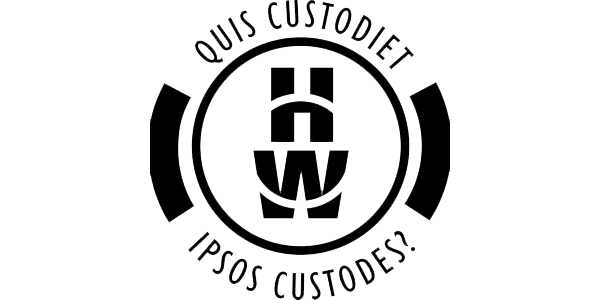
Who watches the watchmen, who guards the guardians? Do the humanities oversee business, science, healthcare, and technology? Do these fields support the humanities? How do the humanities express themselves? Humanities Watch explores these questions, fostering dialogue among diverse cultural and societal fields to understand their shared responsibilities.


thor project, University of Bern
University of Bern
Faculty of Humanities
Walter Benjamin Kolleg
E-mail
info@thor-project.ch
Address
Muesmattstrasse 45
CH-3012 Bern